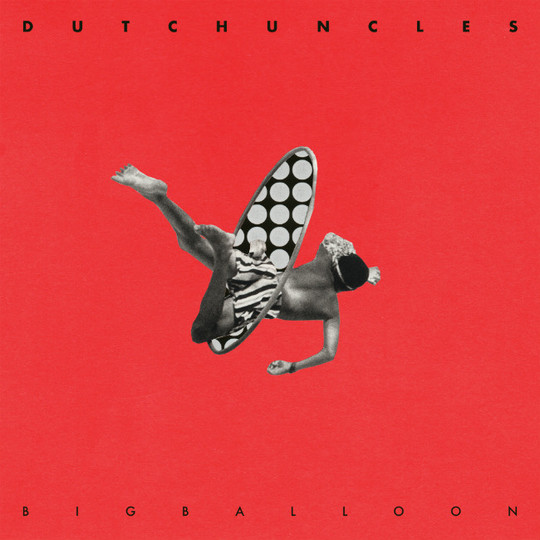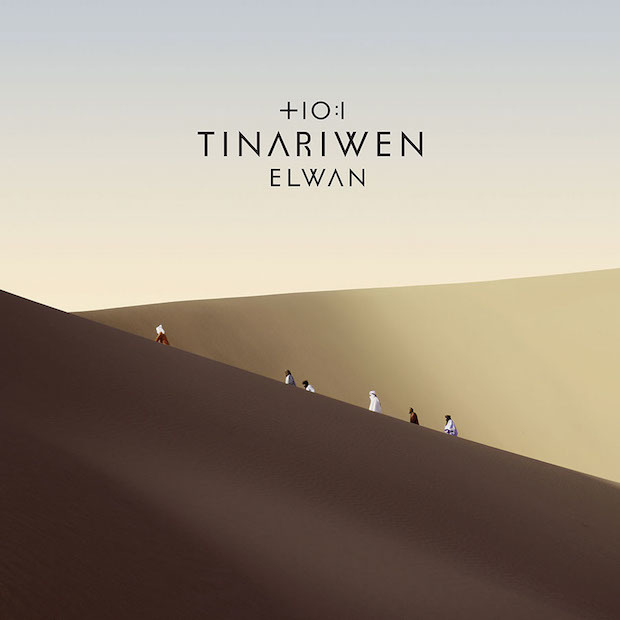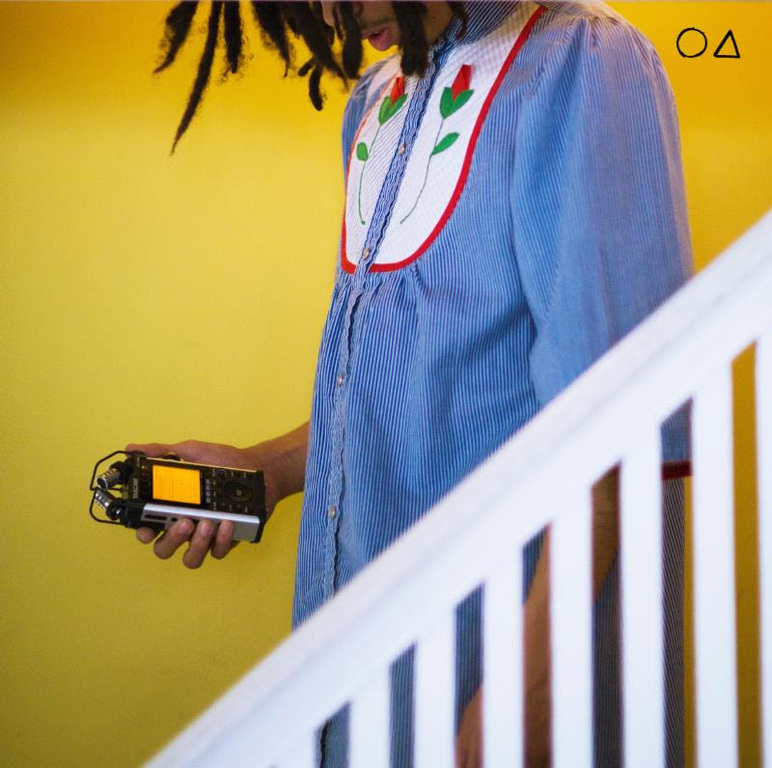There was a time when giants roamed the post-punk landscape, but in 2017 that earth is more barren than ever. While the psych rock and indie fields are flushed with life, the direct line that began with The Pop Group and Gang of Four is, for once, not proving to be as abundantly fruitful. We should be grateful, then, for a band like Dutch Uncles, who have successfully cultivated their own patch, and now harvest their fifth album, Big Balloon.
Their music is recognisable – a collision of playful art-pop and arch post-punk – and at this stage in their career they have become one of the most reliable and underrated bands of their generation. This album continues their purple patch and although there are tweaks, they deliver what we have come to expect. Lead single ‘Big Balloon’ was early confirmation of this – bouncy guitar lines, complex rhythms and perky vocals that stop just short of jaunty.
They do not trade in immediate poptastic joy, although the track ‘Oh Yeah’ comes as close as they ever have done to cracking out the spangles and dancing shoes, with its singable chorus and squelchy, jumping synth. ‘Streetlight’ is another standout, revolving around a spinning, Steely Dan-like bassline and a driving trebly guitar that builds the drama gradually. Yes, these are variations on the Dutch Uncles template, but relatively undisruptive ones. If you have enjoyed their music in the past, this will still be for you.
Lyrically, they are as unreadable as ever. ‘Same Plane Dream’ appears to tackle the alarming welfare system crisis, with Duncan Wallis repeatedly singing that “I’ve got no time” but “I can’t give up”. Think of it as a musical counterpart to Ken Loach’s distressing masterpiece I, Daniel Blake. Themes of social disaffection and growing paranoia appear throughout – ‘Hiccup’, for example, seems to tell the story of a couple cracking under society’s pressures. And then there is ‘Combo Box’, wherein if any deeper meaning lies beyond fried chicken, they’ve disguised it well.
The same track is assembled like it belongs on the first half of one of Bowie’s Berlin trilogy albums, with its confrontationally arranged stabs of guitar and vocal. But where those records indulge in cut-and-pasted slices of tape, the production here is holistic and slick. It is not so much recorded as a live band as it is conceived of in the studio, with any live performance being figured out after the fact.
Guitars do not always lead the way – ‘Achameleon’ is driven by a hypnotic piano part that threatens to break down into a Sebastien Tellier minimal track before they pull in the reins. It comes closest to the late-era Kate Bush records that the band have signposted as inspiration for the album. ‘Sink’, meanwhile, was written by bassist Robin Richards whilst visiting Chernobyl and listening to eastern European techno and obscure prog rock. The latter’s incorporation into the track is less surprising than the former, but still it never feels awkward or forced.
As they release their fifth album, the serious opportunity for a major breakthrough may now be behind them. Certainly, nobody could accuse them of chasing a broader audience, sticking as they have done to the dense, busy post-punk style that has guided them since their 2009 debut. Considering the genre was built around reinventing itself at every corner, their long-term commitment to a fairly narrow sound may surprise some, but nevertheless, this is another strong entry in the Dutch Uncles catalogue.
-
7Max Pilley's Score






















